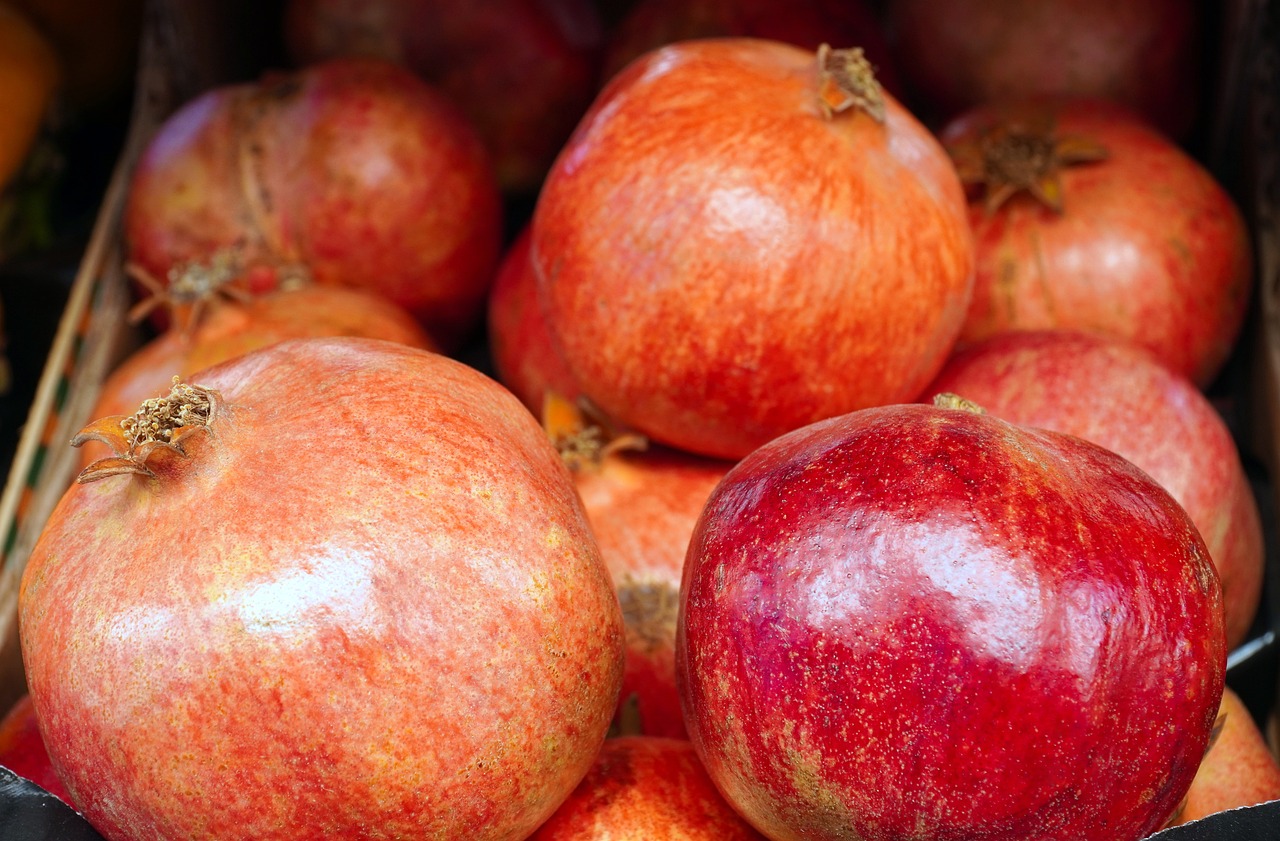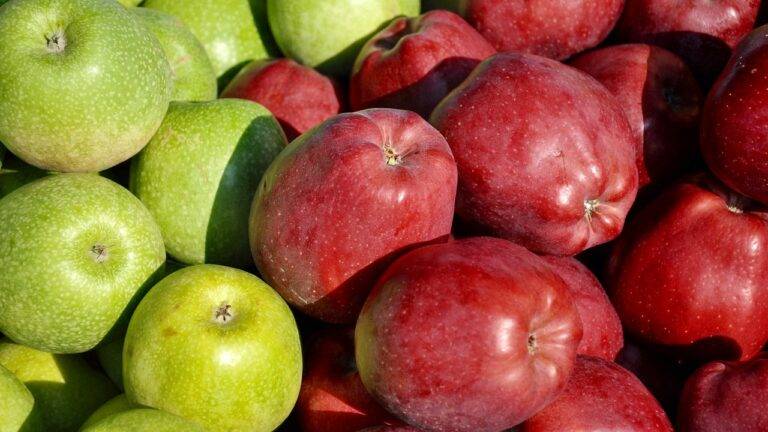How Grocery Stores Can Support Local Farmers: All panel.com sign up, Lotus 365 book, Betbook 247.com login
all panel.com sign up, lotus 365 book, betbook 247.com login: Grocery stores play a significant role in supporting local farmers by providing a platform for them to sell their products to a broader audience. By sourcing produce and goods locally, grocery stores can help stimulate the local economy, reduce carbon emissions from transportation, and provide customers with fresh, high-quality products. Here are some ways that grocery stores can better support local farmers:
1. Establish Direct Relationships with Farmers:
One of the most effective ways for grocery stores to support local farmers is by establishing direct relationships with them. By working directly with farmers, grocery stores can ensure that they are providing fresh, locally sourced products to their customers. This also allows for better communication between the store and the farmer, leading to a better understanding of the product’s origins and quality.
2. Promote Local Products:
Grocery stores can support local farmers by actively promoting their products in-store. This can be done through promotional signage, special displays, and advertising campaigns that highlight the benefits of buying local. By drawing attention to local products, grocery stores can help increase sales for farmers and raise awareness among customers about the importance of supporting local agriculture.
3. Offer Fair Prices:
It’s essential for grocery stores to offer fair prices to local farmers for their products. By paying farmers a fair price, grocery stores can help ensure the sustainability of local agriculture and support small-scale farmers who may not have the resources to compete with larger suppliers. Fair prices also help build trust and long-term relationships between stores and farmers.
4. Provide Local Farming Resources:
Another way that grocery stores can support local farmers is by providing resources and assistance to help them improve their farming practices. This can include offering workshops, training programs, and access to tools and equipment that can help farmers increase their productivity and profitability. By investing in local farmers, grocery stores can help strengthen the local food system and ensure a stable supply of fresh, high-quality products.
5. Source a Variety of Local Products:
In addition to fruits and vegetables, grocery stores should also consider sourcing a variety of local products, such as dairy, meat, eggs, and honey. By offering a diverse selection of local products, grocery stores can help support a range of local producers and provide customers with a wider assortment of fresh, locally sourced goods.
6. Educate Customers about Local Agriculture:
Educating customers about the benefits of buying local products is crucial for grocery stores looking to support local farmers. Stores can do this by providing information about where products come from, how they are produced, and the positive impact of buying local on the community and the environment. By raising awareness among customers, grocery stores can help build a more sustainable food system that values local agriculture.
FAQs
Q: Why is it essential for grocery stores to support local farmers?
A: Supporting local farmers helps stimulate the local economy, reduce carbon emissions, provide customers with fresh, high-quality products, and strengthen the local food system.
Q: How can grocery stores establish direct relationships with farmers?
A: Grocery stores can establish direct relationships with farmers by reaching out to them, visiting their farms, attending farmers’ markets, and working together to develop mutually beneficial partnerships.
Q: What are some benefits of buying local products?
A: Buying local products supports the local economy, reduces carbon emissions from transportation, helps build community connections, and provides customers with fresh, high-quality products.
Q: How can customers help support local farmers?
A: Customers can support local farmers by buying local products, shopping at farmers’ markets, joining community-supported agriculture (CSA) programs, and advocating for local agriculture in their communities.







